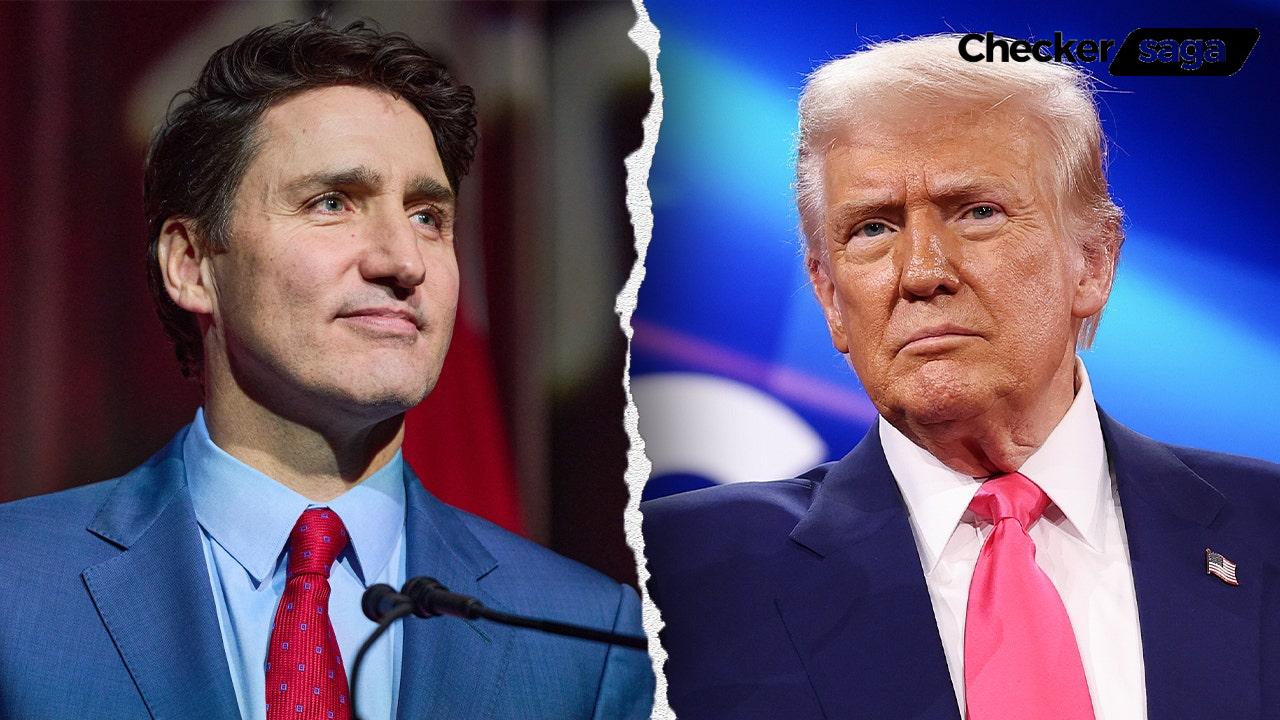In a surprising twist in Canadian politics, a lawyer from Alberta is spearheading a movement that could see the province explore the possibility of joining the United States. As feelings of dissatisfaction with the federal government grow, this initiative has captured the attention of many Albertans who are eager for change.
Alberta’s Delegation Heads to Washington
Jeffrey Rath, a passionate Canadian lawyer, is leading a delegation to Washington, D.C., as part of efforts to discuss potential options for Alberta. These discussions focus on several intriguing possibilities ranging from statehood to territorial status, or even independence while still maintaining economic ties with the U.S. Rath articulated concerning trends in Alberta, in which many residents feel that their needs are being overlooked by the government in Ottawa.
Growing Frustration with National Leadership
Rath emphasized that the lack of attention from the federal government has spurred this movement. He stated that many Albertans feel a stronger connection to their American neighbors, particularly those in Montana, than they do with their own country’s capital. The turning point in these discussions seems to be the impending tax increases, which have left many Albertans feeling frustrated and powerless.
- Rath claims a steering committee will meet with representatives appointed by former President Trump.
- The discussions could change the landscape of governance in Alberta as they explore self-determination.
- Alberta, a province rich in resources with almost 5 million residents, has a vibrant economy heavily dependent on oil and agriculture.
Prime Minister Trudeau’s Firm Stance
Despite the fervor of this initiative, Canada’s Prime Minister Justin Trudeau has strongly opposed the idea. Trudeau has confidently declared, “There’s not a snowball’s chance in hell” that Alberta would become the 51st state. His administration maintains that Alberta must remain a part of Canada, and there are serious discussions about the implications of a divided country.
Taxation and Tariffs: The Final Straw?
One of the biggest concerns among those pushing for change is the planned carbon tax increase that is set to take effect next April, which Rath and many Albertans believe is excessive. This increase, according to Rath, exacerbates the feeling that Canadians are being ignored in favor of more centralized government policies that do not reflect local priorities.
- The proposed carbon tax is set to rise by 21%, affecting many families and businesses across Alberta.
- Rath argues that such financial burdens only fuel the desire for greater autonomy from federal governance.
Continued Resistance and Public Response
High-ranking politicians, including Alberta’s Premier Danielle Smith, have expressed their support for Rath’s venture. Smith has vowed that Alberta will continue to push back against federal policies that negatively affect the province’s economy. She remarked that the government must recognize Alberta’s unique position within Canada, especially when it comes to resource management and economic strategies.
The Future of Alberta: Independence or Partnership?
As the discussions in Washington unfold, many people in Alberta are left wondering what the future holds. Could this bold push for statehood signal a significant shift in Canadian governance? Or will it merely serve to highlight the frustrations felt by many provinces across Canada? Time will tell, but for now, Alberta’s quest for self-determination continues to gain momentum, and the topic has never been more relevant.
| Potential Outcomes of Statehood Talks | Pros | Cons |
|---|---|---|
| Statehood | Increased local autonomy, potential economic growth | Loss of federal support, more complex governance |
| Territorial Status | More rights than a province, oversight from federal government | Limited independence, potential restrictions |
| Independence | Full control over laws and policies, tailor-made governance | Loss of trade benefits, potential isolation |
























